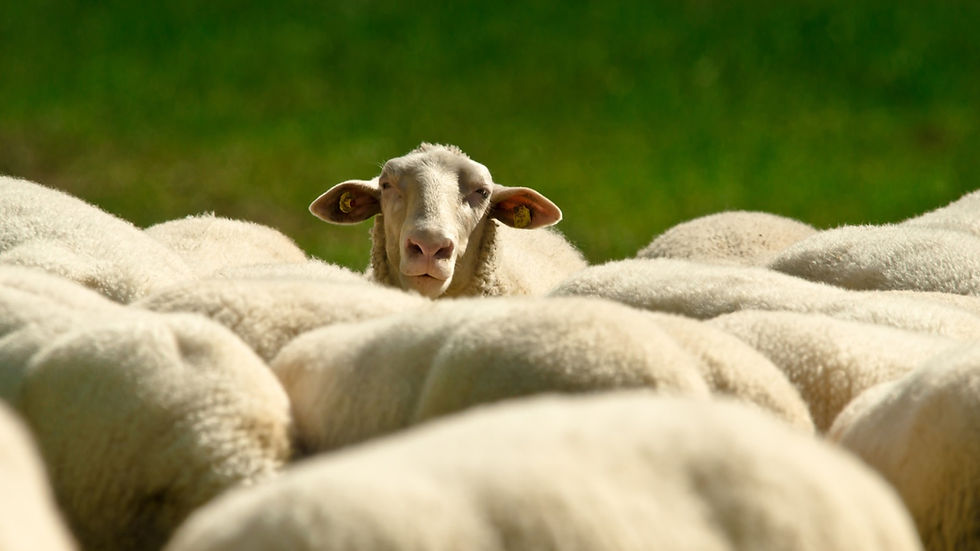Eyre Peninsula proponents unbundle roadmap to 2050 for region's farming industry on Flow
- Ellis Gelios
- Nov 29, 2023
- 3 min read
Two Eyre Peninsula figureheads appeared on the Country Viewpoint program this week to discuss a new report detailing farm life in the Eyre Peninsula in 2050.
The findings in the report were split into five different categories: governance, social, profitability, productivity, and environment.
Member for Flinders, Sam Telfer, said agriculture is a vital industry for the region and for farmers to have a strong understanding of industry fundamentals.
"Agriculture and farming is front of mind for us on the Eyre Peninsula all the time, but especially this time of year that the harvest is coming in and we who live on the Eyre Peninsula know the range of soil types, rainfall amounts and the different layers of land across the whole of the Eyre Peninsula," Telfer said.
"It's always good to try to unpack what the future of farming on the EP (Eyre Peninsula) is going to look like and also to recognise the changes that have happened over the last 10, 20, 30 plus years, because farmers on the Eyre Peninsula in particular have always been at the cutting edge of technology, always having a look at what can we do better to be more productive and to make sure that we're maximising the potential that we've got and it does range.
"We've got the Minnipa Agricultural Centre, which is the longest lasting continual project farm looking at low rainfall area that has always been prominent across the whole country when it comes to looking at these low rainfall areas.
"Further down the peninsula, the southern end, that's still busy during harvest and obviously a higher production area on average that has to deal with a different range of issues for us to fully understand what the potential can be for agriculture in the future.
"We have to do this work and we have to make sure we're continuing to invest the decision makers into an industry which puts so much into both our state and federal economies."

Image credit: Sam Telfer official Facebook page
Naomi Scholz told listeners the findings in the latest research are crucial in enabling Eyre Peninsula-based farmers to understand and prepare for challenges ahead.
"Whether we're dealing with climate change or having to reduce our emissions or looking at market access when certain kinds of conditions...expectations are changing around how they want to see their food produced, how we can use technology and AI (artificial intelligence) to our advantage," Scholz said.
"Input costs are probably only going to increase like they are for everything...there's plenty of barriers and then the decline in population, that also has an impact on the different types of activities farmers can do as well when they need labor, so yeah, there's plenty of challenges but they also present plenty of opportunities I think."
Scholz also addressed the notion of artificial intelligence becoming increasingly relied on by agricultural workers and the difficulties generational farmers could encounter when trying to become proficient in operating new technologies as well as educating the next generation.
"The kids growing up these days and their grasp of technology as it's changing is just phenomenal, I think that'll be similar in farming, I think whatever industry you're in, there'll be people coming through that will be able to grasp it," Scholz said.
"As long as we learn the principles and understand how things work and why things work, then that's all we need to do; is to stay a step ahead."

Image credit: Facebook



Comments